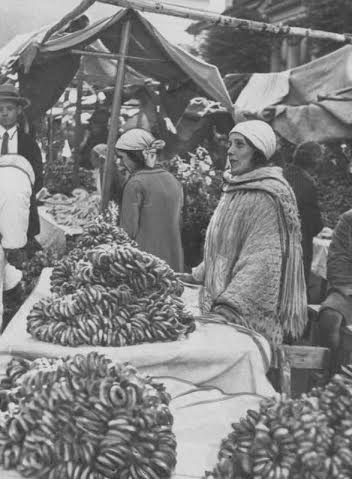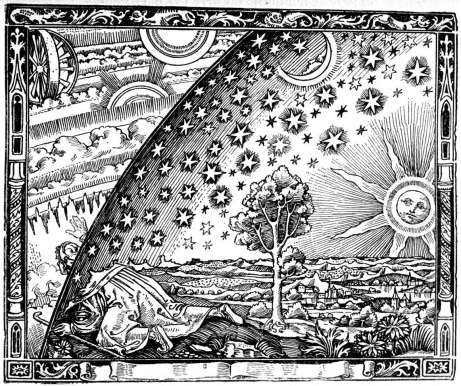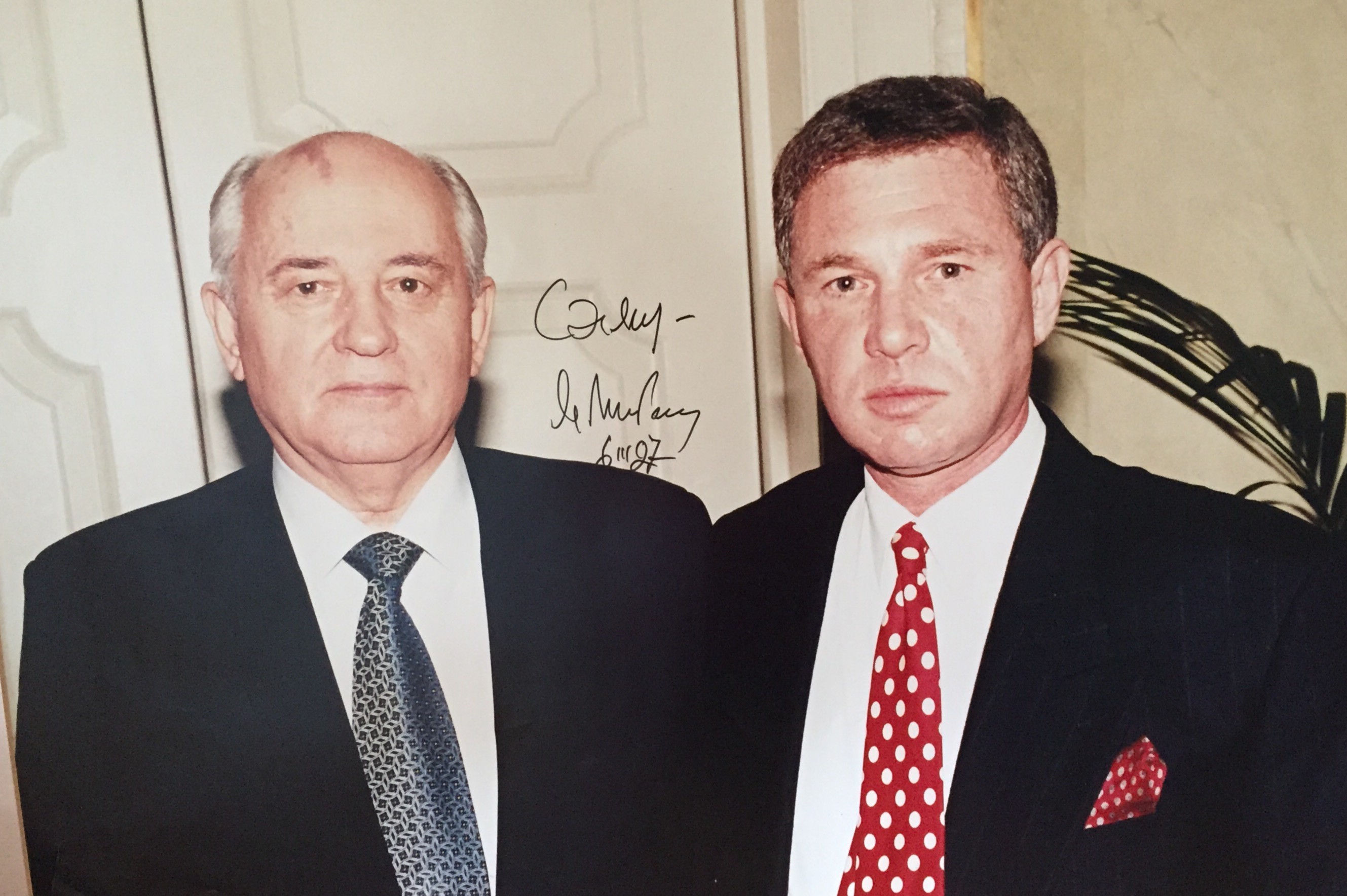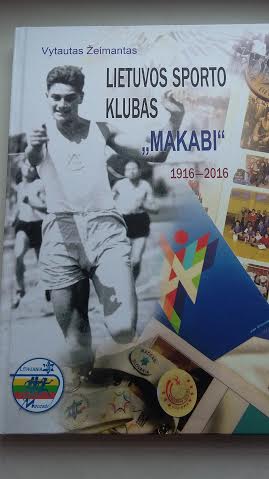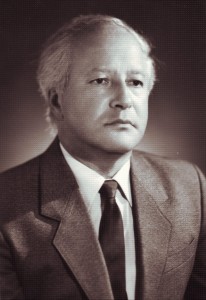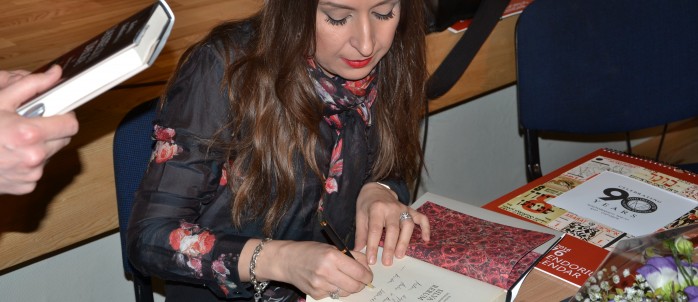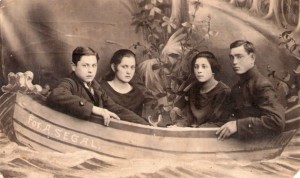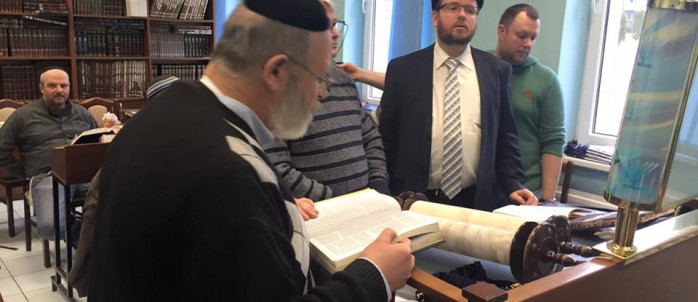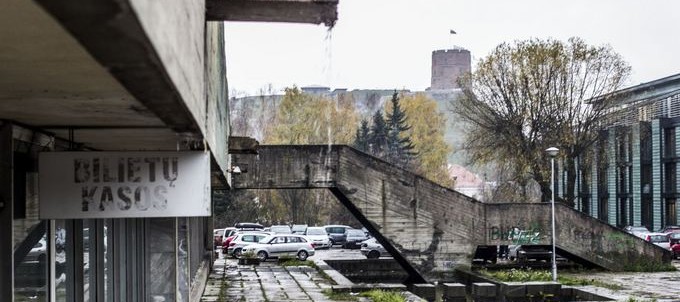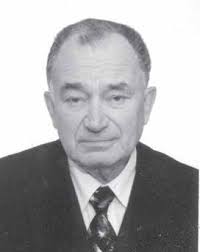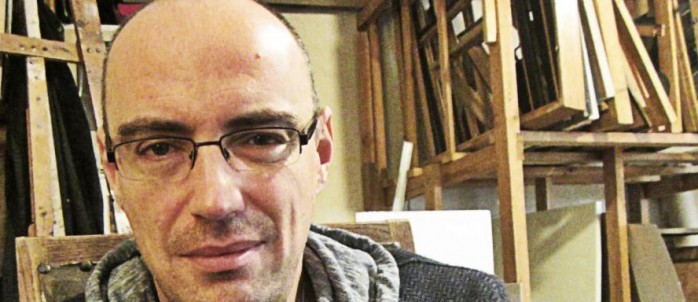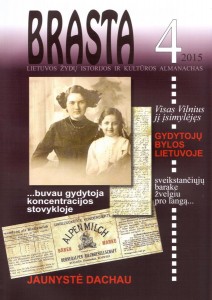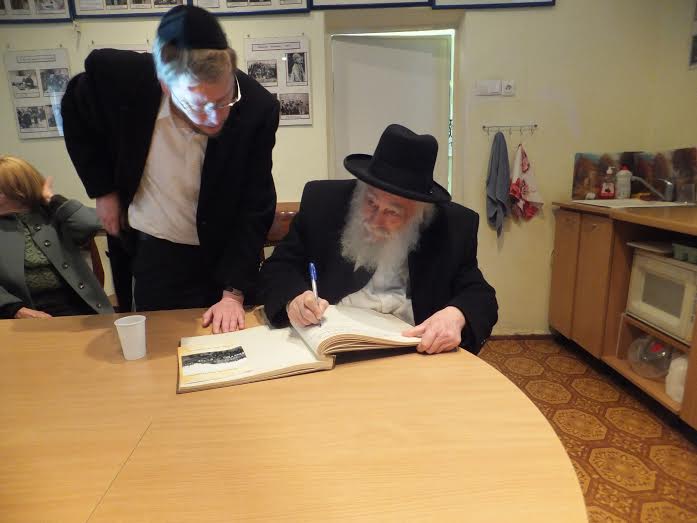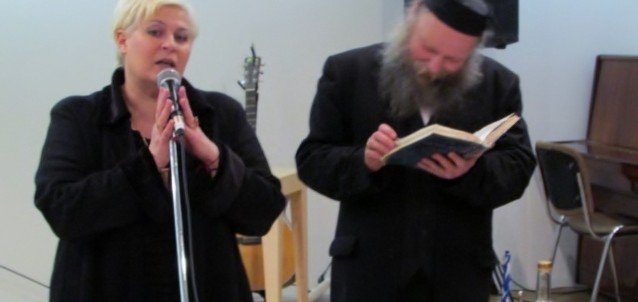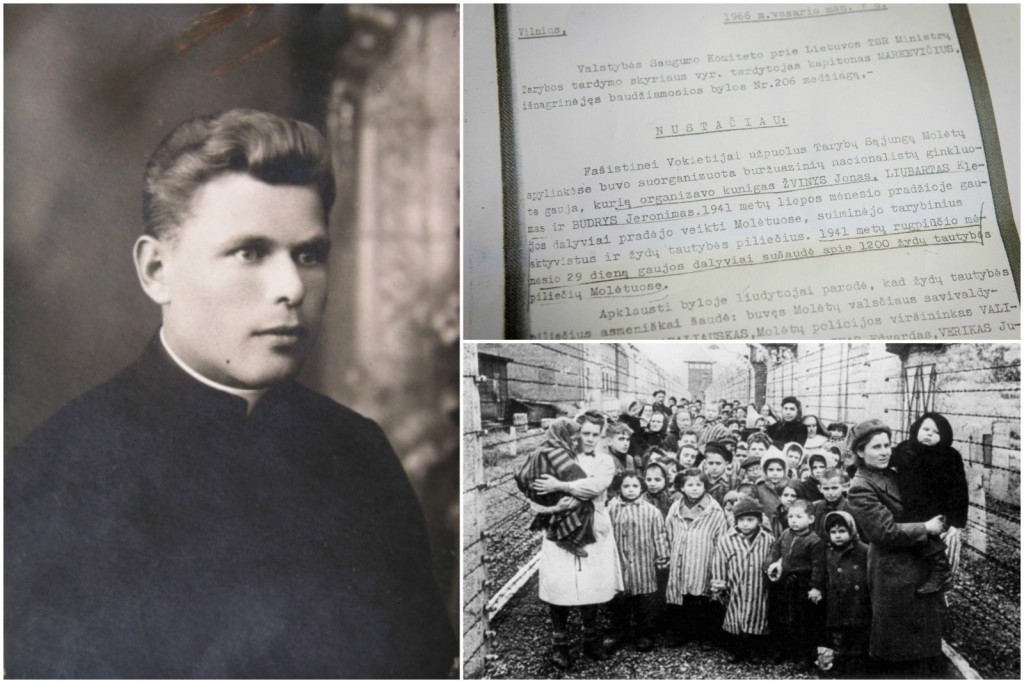
by Mindaugas Jackevičus
An initiative is underway in Molėtai, Lithuania, to rename part of Darbo street after the priest Jonas Žvinys, but material from the Lithuanian Special Archives casts doubt on his reputation: could he have organized the mass shooting of 1,200 Jews from Molėtai? Proponents ask how the reputation of a man given a national award by the president can even be questioned.
Local residents also have questions, but no one has approached historians for a professional opinion.
Awarded but not Checked
The Molėtai regional administration is considering whether to rename the street. The plan is to name just part of the current Darbo street after the priest, spanning only a few houses.



















